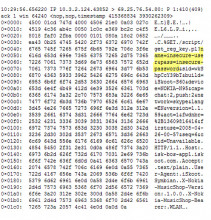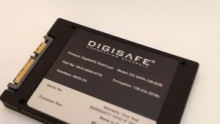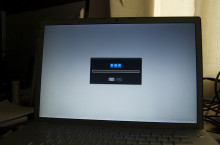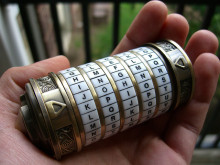Fraudster ordered to decrypt laptop says she forgot the password
Ramona Fricosu, the woman ordered by a court to decrypt the contents of her laptop until February 21, revealed through the voice of her lawyer that she might have forgotten the password to the encrypted drive.
According to Wired, the defendant hasn’t taken this position in court, but her attorney states that people forget their passwords all the time, especially since in this case, the encryption wasn’t set up by Fricosu herself.













































































